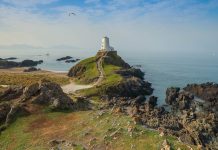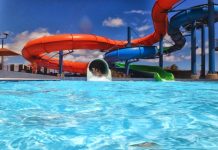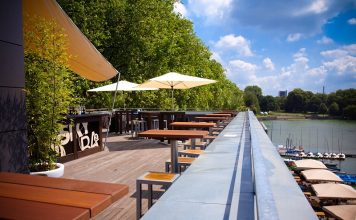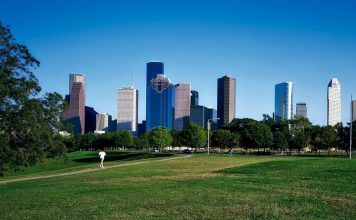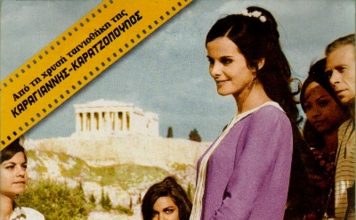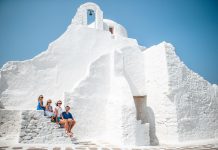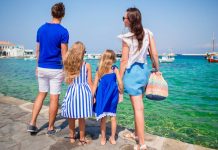Iceland is a Nordic island country in the North Atlantic Ocean, known for its stunning natural beauty, rich culture, and progressive society. It is one of the most geologically active and diverse places on Earth, with volcanoes, glaciers, geysers, hot springs, waterfalls, and lava fields. It is also one of the most socially and environmentally conscious countries in the world, with a high quality of life, a low crime rate, a universal health care system, a renewable energy sector, and a strong sense of community. Here are some interesting facts about Iceland that you may not know:
- Iceland has no official army, navy, or air force. Instead, it has a coast guard, a police force, and a peacekeeping force that participates in international missions. Iceland is also a member of NATO and hosts a US military base at Keflavik.
- Iceland has more than 200 volcanoes, of which about 30 are active. The most recent eruption was in 2021, when the Fagradalsfjall volcano erupted for the first time in 800 years. The eruption created a new lava field and attracted thousands of visitors who wanted to see the spectacle.
- Iceland has the world’s oldest parliament, called the Althingi. It was established in 930 AD by the Viking settlers who divided the island into four regions and elected representatives to meet at Thingvellir, a plain near Reykjavik. The Althingi is still in operation today and meets at the Parliament House in Reykjavik.
- Iceland has the world’s highest literacy rate, with 99% of the population able to read and write. Iceland also has a strong literary tradition and culture, with more books published per capita than any other country. One of the most popular genres is sagas, which are historical narratives that tell the stories of the Viking age.
- Iceland has a unique naming system that follows the patronymic or matronymic tradition. This means that children take their father’s or mother’s first name as their last name, with the suffix -son or -dóttir added. For example, if Jon has a son named Olaf and a daughter named Anna, their names would be Olaf Jonsson and Anna Jonsdóttir. This also means that Icelanders use their first names or nicknames when addressing each other, even in formal situations.


